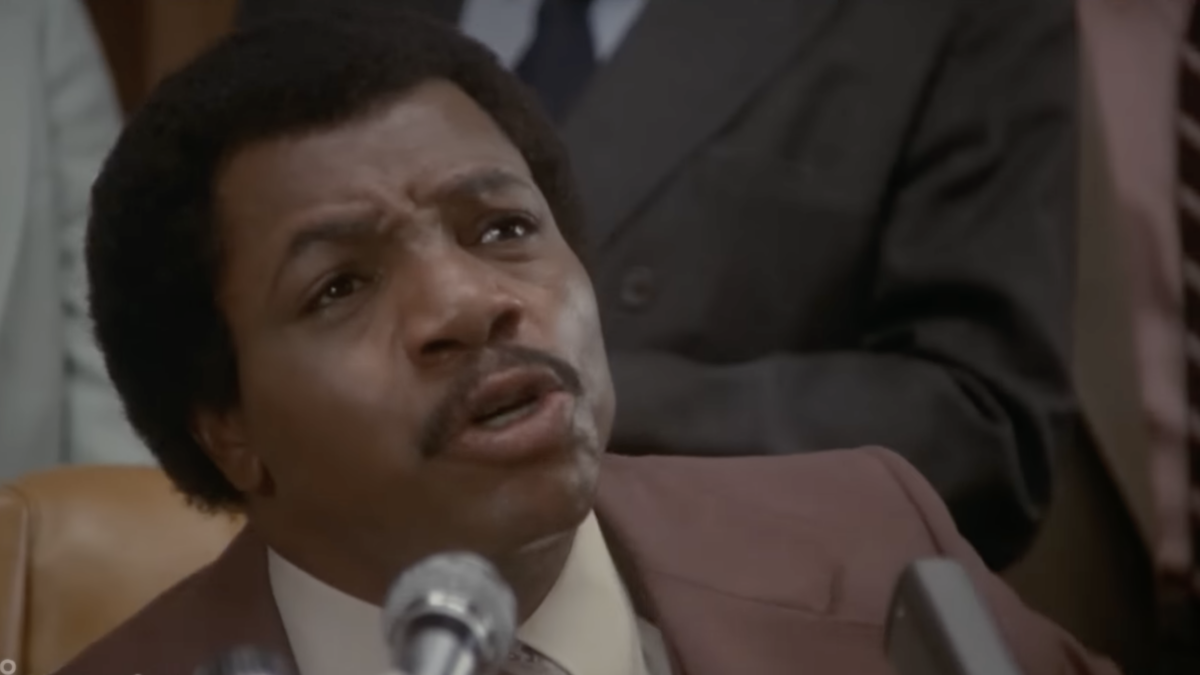
The tradition of Hollywood creating historical biographical films is basically as old as movies themselves. Another ritual involved in this practice is that the individual featured normally has tangible accomplishments to display. A new announcement bucks that custom: a movie is slated to be made about the notably unaccomplished Texan politician Wendy Davis.
Before rising to national prominence, due to being elevated by the “objective and unbiased” national news media, Davis was just another anonymous state senator, known by few outside of her district. That she was declared an instant star of the Left for attempting to filibuster a new abortion law should have been the first clue she was a questionable heroine. It may be fitting Hollywood wants to immortalize Davis, since so much of her story is essentially a manufactured fairy tale.
Unsurprisingly, the press is enthusiastically behind the project. Producing partners Todd Black and Jason Blumenthal have the spec script, entitled “Let Her Speak,” and Sandra Bullock has agreed to star for the project. They are shopping for a major studio to back them, but the press is agog at the concept.
Davis’s political grandstanding was described as “her iconic filibuster.” Variety was excited to hear Bullock would play Davis, stating this role “could be another awards play for the star.” Deadline Hollywood giddily cited the story of “A onetime teen mom who became a Harvard-trained lawyer showed the courage to change her own life, along with the lives of American women.” Salon was positively vibrating at the idea:
At a time when women’s rights feel under constant attack by the current administration, the story of former Democratic Texas State Senator Wendy Davis seems all the more relevant and inspiring. So much so, that some in Hollywood are trying to turn her most notable legislative moment into a movie.
Without even realizing it, Salon exposes the underlying flaw to the whole concept of this film. The “most notable” point in her career in fact achieved nothing. It is fittingly described as a “moment,” not an “accomplishment.” Davis’ 11-hour filibuster in the Texas state capitol only managed to delay the vote on the legislation. Once the vote was inevitably brought forward, it was passed and became law.
No Achievements Needed for Stardom, Apparently
Despite this legislative impotence, Davis felt ennobled by her newfound stardom, and the media continued to bolster her career and burnish her image, in the hope she would carve a liberal pathway in the notoriously red state of Texas. Wendy decided to run for the governor’s seat being vacated by Rick Perry, and her campaign was of the sort that invites the use of words such as “fraught.”
When she proposed a new education plan for the state, she was incapable of explaining how much that program would cost. She tried attacking her opponent, Greg Abbott, about campaign donations, but was found to be lodging complaints based on incorrect math. Her claims of Abbott being under the sway of corporate donors were muted because Davis was spending time fundraising in Hollywood. She ran a disastrous commercial about the wheelchair-bound Abbot, trying to show his hypocrisy in opposing pro-victim legislation by displaying his empty chair. Even liberal pundits found the ad distasteful.
Her desperation in the face of withering poll numbers led the avowed gun-control advocate to expediently back open-carry laws. It ended up being a lose/lose scenario. Davis’s base became appalled, and the moderates and conservatives she hoped to win over regarded the new stance as a cynical and insincere political ploy.
While polling showed Davis struggling behind Abbott consistently in the double-digit range for much of the election, it only became worse. She ultimately lost by a humiliating 20 percent.
Even if she had pulled off a streamlined campaign, Wendy faced two strong challenges. She gleefully took on the moniker Abortion Barbie, a hardline stance counter to a majority of Texas voters. While the press held her up as a defender of women’s rights against stodgy white men, they ignored the numerous conservative females in the Texas legislature who favor abortion restrictions, with the support of their voters.
Almost Nothing About Her Rags to Riches Story Is True
Wendy’s biggest challenge in the campaign will affect her movie. Her story, as the press declared early on, was of a brave single mother who rose from the trailer park to achieve a Harvard Law degree en route to launching her political career. It seemed an idealized script written by a consortium of feminist leaders. It certainly belonged in the “dramatic” category.
Yet the truth was practically the polar opposite. Davis spent only a couple of months in that trailer park when she divorced her first husband at the age of 21 (not a “teenaged” 19, as widely reported). She later embarked on her legal education only after meeting her second husband, a lawyer and local councilman. He helped fund her tuition, then as she moved to Massachusetts to attend Harvard Law School he stayed in Texas with their children. When they subsequently divorced, he retained custody, with Davis paying child support.
The movie script will be based upon the memoir Davis wrote between her famous filibuster moment and her election loss. This book has to be, at the very least, looked at as dubious source material for a biopic. In an apology article Davis wrote for Politico explaining her gun stance well after her loss, she revealed the truth is still a challenge. After lambasting Abbott’s campaign donors, she detailed the moment she came up with her new position: “I was bone-tired after finishing fundraising in Colorado.”
But we did not need to even read that deeply into the article to question the woman’s character. It took only the opening sentence. “I am a lifelong Democrat,” writes the former politician, by way of introduction. It takes a certain level of audacity—possibly a pathology is also involved—to lead with such a demonstrable prevarication. Davis began her political career on the municipal level, and her offices and voting record were executed as a Republican. This lasted nearly a decade, before she switched parties as she rose to the state senate.
For her to brazenly make a claim like this when it serves her no direct purpose reflects on the numerous other creations in her resume. Davis has fabricated her personal narrative and relied on a pliant media complex to hold it up as a vetted reality. Now that Hollywood is looking to commit her story to celluloid, it seems assured that hagiography is the likely result.
It will have to be the case, as accomplishment and a definable record cannot represent this Texas politician. That said, the euphemistic words “Based on actual events” are likely to appear onscreen at the start of the resulting film. Certainly “on a true story” will be a challenge for the filmmakers to employ.









